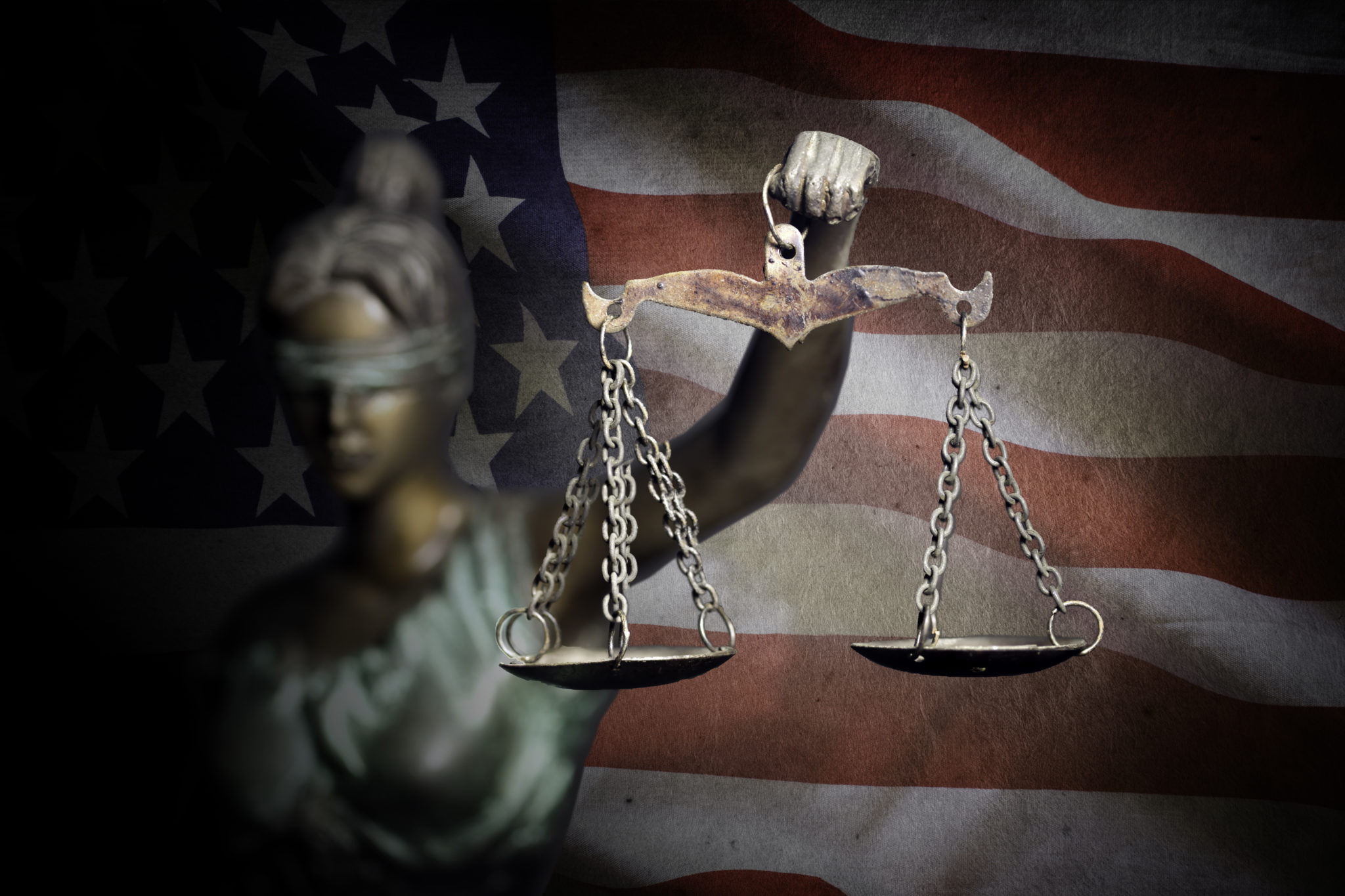
Savannah Murder Attorney
In criminal law, there is no more serious charge than Murder. The full force and weight of the State, the police, forensics teams, the District Attorney’s Office, medical examiners, and outside experts come bearing down when you or a loved one is charged with Murder.
Georgia law gives the prosecutor options for how to charge Murder: as Malice Murder, Felony Murder, Second-Degree Murder, Involuntary Manslaughter, or Voluntary Manslaughter. Each type requires different proof, normally differing in the type of intent that the prosecutor must prove. That’s why having a good lawyer who knows how to attack reports, effectively cross examine witnesses, and suppress illegal or damaging evidence is so important when you’re facing a Murder charge.
Vehicular Homicide is also a charge in Georgia, and is discussed in this section on the website.
How is Murder Defined in Georgia?
The most serious Murder charge is Malice Murder. You can be charged with Felony Murder when the prosecutor says you killed another person with “malice aforethought,” meaning intentionally or with a “wicked or corrupt” motive. Courts often assume malice aforethought exists in a case when the alleged victim did not provoke the action.
The prosecutor can charge you with Felony Murder when they say you kill another person while committing a felony, whether you meant to kill the person or not. This includes things like an armed robbery, buying drugs, or aiding someone by driving them away from the scene of a crime.
Second-Degree Murder involves causing the death of a child while allegedly committing Cruelty to Children. Voluntary Manslaughter involves a “sudden, violent, and irresistible passion” from a “serious provocation,” even when the alleged victim excited such passions. Involuntary Manslaughter can be charged when someone dies after an unlawful or lawful act, and is often used as a catchall add-on charge by the prosecutor.


What is the Punishment for Murder in Georgia?
Murder is most serious charge a prosecutor can bring against you. If you are found guilty, Malice Murder and Felony Murder carry a life sentence or the death penalty. Second Degree Murder, Voluntary Manslaughter, and Involuntary Manslaughter carry sentences of 10-30 years in prison.
Is every Death a Criminal Offense?
No. There are many defenses and justifications available to you and your attorney to argue in Court. One to always remember is that Self-Defense or Defense of Others can help explain what happened.
Have Hope for Your Case
Although Murder is the most serious crime you can be charged with, being charged does not mean you will be found guilty or that you will spend the rest of your life in prison.
At the Claiborne Firm, we want our clients to be hopeful about their cases. We give each case the time and attention it deserves because we only take on the cases that matter. By keeping our caseloads low, we can mount strong defenses that win in the face of overwhelming odds.
We know you are going through a scary time, and you don’t have to do it alone.


Defending Murder Charges
When you’re charged with Murder, our only option is to fight back and fight hard. At the Claiborne Firm, we prepare for each case expecting to win. We investigate all angles and listen to your side of the story. Each case is different, but there are a few typical defenses in murder cases, including:
• A strong alibi
• Witness testimony that clears your name
• Self-defense or defense of others
• Accidental death
• False accusations
• Intoxication, either voluntary or involuntary
• Insanity
What Makes the Claiborne Firm Different?
We built our reputation on fighting for a fair and equitable justice system and fighting against injustice in all its forms. With low caseloads, we can focus on your case, coming up with creative and unexpected strategies. We never back down from a tough fight, and we have been known to engage the media if necessary. We give our all to our clients, and we would extend that same commitment to you.
If you’re facing murder charges, contact us immediately to schedule a free, no-obligation case evaluation. (912) 351-8775
Call (912) 351-8775 or Schedule a Free Case Evaluation Online
